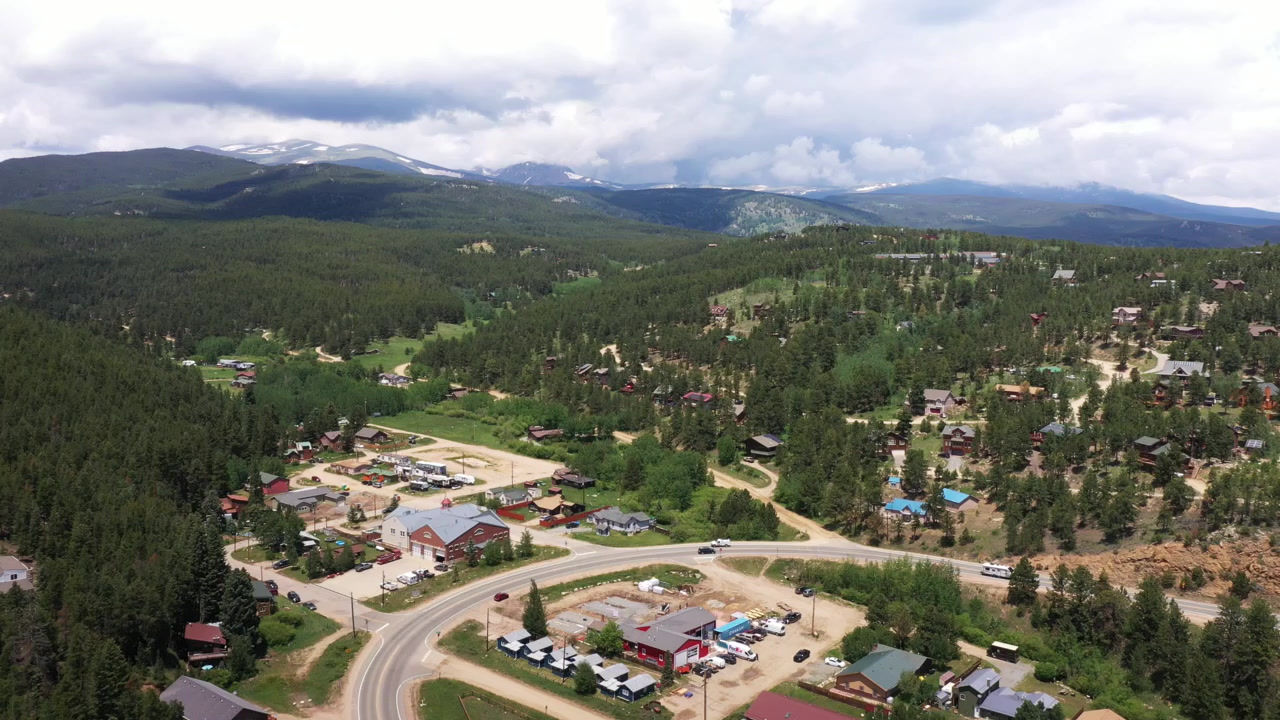Your 5-Step Guide to Looking & Feeling Confident on Camera
- legacymediaworks
- Sep 15
- 4 min read
(Especially if you hate being onscreen!)

Ever have one of those days when you just are not feeling social? Want a quick way to get out of any awkward conversation? Just carry a video camera and everybody will avoid you!
I used to joke that I would immediately become the least popular person in any room I entered whenever I was filming. I regularly saw people physically shy away or immediately turn around, as if I was a shunned leper.
Let’s face it, most of us don’t like how we look and sound on-camera. There is a certain amount of nonchalance, or narcissism, that is required to feel comfortable with it. But like it or not, if you want to market yourself, or your organization or company, this is an essential skill to develop.
In fact, AI is giving higher ranks to sites and posts that have “expert” content. If you aren’t getting in front of a camera and positioning yourself as an expert in your field, you are falling behind. SEO has been turned on its head.
SEO has been turned on its head. (If you're curious, Kelly Ladyga has a great article on how AI is changing SEO.)
Here are 5 interview tips I've honed over years of my paid media trainings:

Practice, practice, practice
We all have a miniature video camera in our phones, use them. Record yourself. Review it. Did you look natural? Where did you flub? Where can you tighten up your answers?
Practice in front of a mirror. Believe it or not after the initial feelings of awkwardness, you really do get more relaxed and comfortable. What are your hands doing? Where are you looking?
The more times you do it before you get on camera, the better you will do.
Stop talking
It is our human nature to fill silence. We hate dead spots. It is innate. And it is one of the tricks that I use as an interviewer and as a journalist. If I don’t get a response that is usable for a video, I often wait a few seconds before I ask a follow-up question.
It never fails, just when I think I should ask that next question, the person will respond with some more depth or build upon their initial response.
That said, avoid verbal run-on sentences. It’s okay. It happens to all of us. We want to expound and demonstrate how much of an expert we are. If you keep your answers short and snappy, they are most likely going to be used. Keep it concise and conversational.
In television we would want people to answer in a 7-second soundbite. If you can’t get your point across in seven seconds, you are going to lose your audience.

Get the questions ahead of time
You wouldn’t take a test without studying first so why would you go into an interview without knowing the context first?
Whenever I work with any client on a candid interview project, I always provide them with a list of the questions and talking points at least a day in advance. This gives them time to come up with thought-out answers instead of relying on spontaneous thinking.
If you want to present yourself as an expert, you need to do your homework first.

Feel good, sound good
The calmer you can be, the better you can present yourself. The less self-conscious you are, the more you can pay attention to what you are discussing.
If I am about to interview a person whose body language reads as nervous, I have them do a calming exercise before we begin. I have them take a deep breath while raising their shoulders and letting it out as they roll them back and down. If need be, I have them do it a second time.
Also emote whatever the topic requires, if you are trying to be friendly, smile while speaking. If it is a serious topic, express empathy or appear somber. Many people are too afraid to let their guard down, so they speak without emotion, which leads to a lack of cadence and inflection, and honestly, an interview that people will just tune out.
Steer the conversation in the other direction
If you sit down and the lavalier mic is pinned on you, the lights are shining and two cameras are pointed at you, and you still feel nervous, start with something OTHER than what you are going to talk about.
In a recent interview, I began with small talk with the woman I was interviewing. I made a reference to a famous musical. That led her to saying she saw the original. That began a whole conversation about Broadway, that segued into her upbringing and where home was. All the while, I cued my videography assistant to begin rolling.
It wasn’t until 5-10 minutes in that we actually began talking about the topic we were sitting down to talk about.
Also if you aren’t getting any takes you like, stop trying to put the square peg in the round hole. Change subjects. Try a different tack. Get up, shake yourself out, drink some water, and try again. Like I remind people, this isn’t live TV. My job is to make you look and sound good.
So don’t aim for perfection, aim for connection. After all, I’m the one doing the editing…
And I’ll never make you look bad!
• Ryan Budnick has been conducting interviews since his journalism days began in college, and been training others for interviews since leaving the news industry. He is founder and owner of Legacy Mediaworks -- a Denver -based video production boutique.




Comments